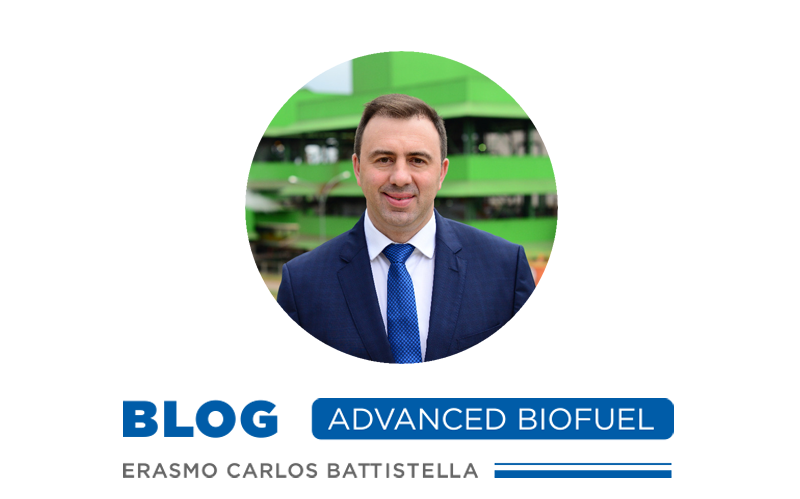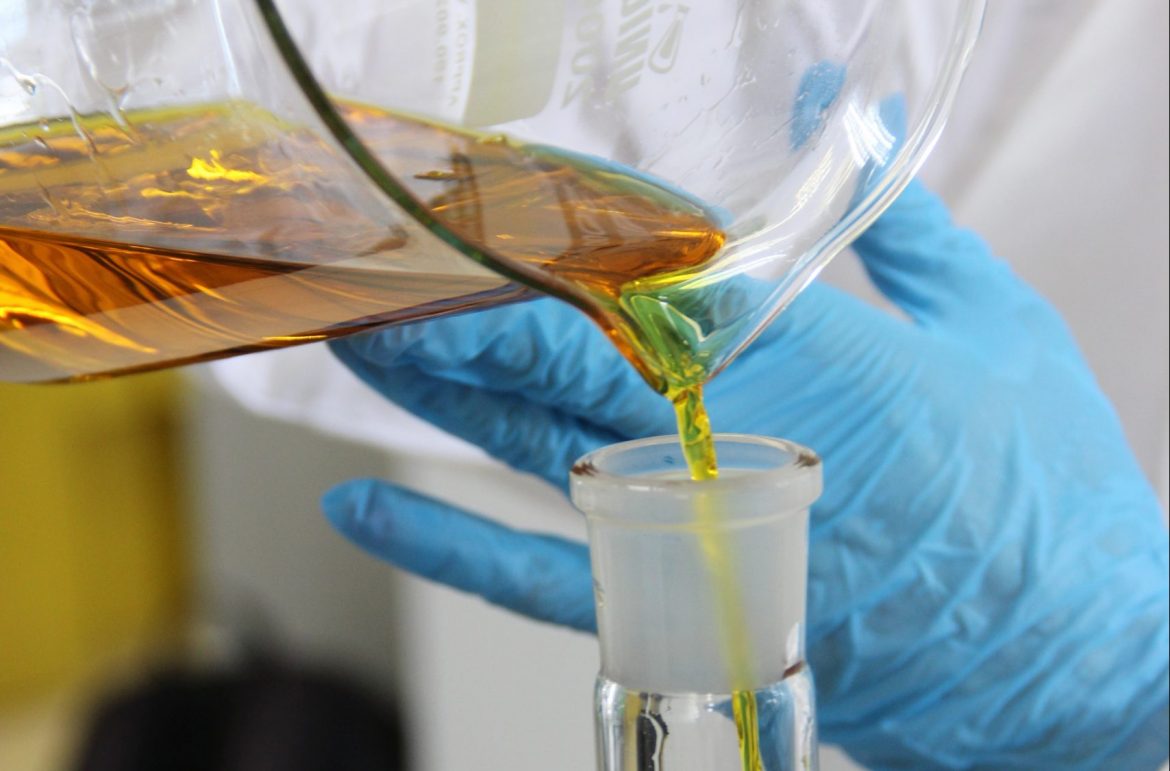Brazil has many challenges that we must solve in the short term, but we must be aware that the environmental area and the production of clean energy are the greatest sources of opportunities to help the country reduce its social differences. This is a Brazilian asset that needs to be treated as a State Policy.
Make no mistake, we are talking about environmental protection and keeping the forest standing, with policies and strategies for environmental, social and corporate governance issues.
Recent events, involving the climate in Europe and the United States, show this imminent need to have a clean, sustainable and technologically mature alternative to fossil fuel to reduce greenhouse gases.
Climate and the energy transition have also become a matter of health, economy, employment, income, food production and environmental protection.
We have enormous potential to increase the production of sustainable bioenergy from biomass together with increased food production and reduced deforestation. This is the agenda on sustainable development that we want to see gain body and depth.
The biggest challenge at the moment is the management of emissions from transport in big cities, one of the biggest villains for global warming. In Brazil, we have become one of the main producers of clean energy for mobility.
The launch of the National Alcohol Program (Proálcool), in 1975, opened the door to the most used biofuel in the country, ethanol extracted from sugarcane. It was the first step towards conquering a position of global leadership due to a strategic direction adopted by the Brazilian State. Since then, the country has been adopting public policies and a regulatory framework to promote the industry and, consequently, guarantee a more sustainable future for the country.
This was the case in 2004, with the official launch of the National Program for the Production and Use of Biodiesel (PNPB). In December 2016, the Brazilian government launched the National Biofuels Policy (RenovaBio) as a result of the commitment made by the Brazilian government to fulfill the goals of the Paris Agreement, which were reinforced at the last COP26.
RenovaBio aims to ensure energy security, market predictability and mitigation of greenhouse gas emissions in the fuel sector. The policy’s strategic guidelines were approved in 2017 by the National Energy Policy Council (CNPE).
The horizon is also full of new possibilities for first and second generation biofuels, moving the national economy, starting with agribusiness and evolving towards industrialization. This trajectory is synonymous with growth, integration of family farming, more investment and more national employment. It is necessary to see these challenges addressed more consistently in the current public debate agenda for the upcoming elections.
An example of the importance of the construction of this State Policy is the need to approve in the country, already in this second semester, a regulatory framework for sustainable aviation fuel (SAF), to guarantee investments and meet the future and voluntary demands of the air sector to achieve emission neutrality by 2050.
The position of the International Air Transport Association (IATA) is advocating a collective effort by the entire industry together with governments, producers and investors so that the sector can achieve its own goals.
A SAF plant is more complex than biodiesel and ethanol plants. Its development lasts about five years. The government in charge of this country in 2027 will have to deal with the need to import the product if there is no such regulatory definition. In the United States, SAF has been produced for eight years.
The world has found that climate change is not a fiction. Governments and companies are seeking to make bolder decisions towards a transition of the energy matrix to a more sustainable model, with the expansion and anticipation of decarbonization goals.
Brazil, due to its experience in biofuels and its natural condition, has to bring this discussion to a priority status. This is a benefit for the whole of society and a legacy we need to leave for future generations – we can’t wait any longer.

